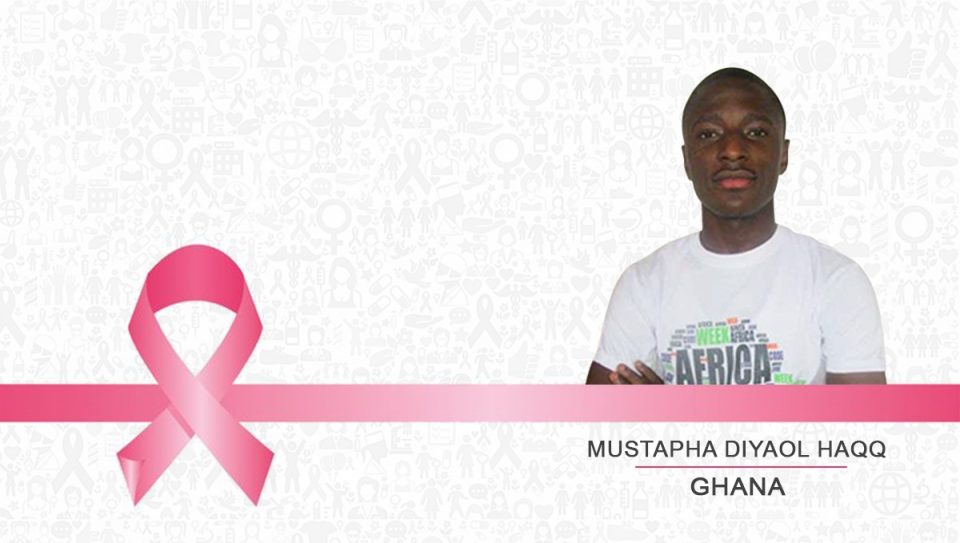
Mustapha Diyaol Haqq,a Ghanaian Teen has Created a System that can Predict & Diagnose Breast Cancer
Mustapha Diyaol Haqq (19) is a self-taught software programmer from Kumasi, Ghana who is inspired by global success stories around tech to innovate and provide solutions where they are most needed, starting with his home town. The teenager has created a predictive analytics model using machine learning and artificial intelligence to predict and diagnose breast cancer.
“Seeing how the big tech companies used innovation to solve some of the world’s biggest problems made me realise how important it is to learn to code,” Haqq told SAP News. “I looked online for any free courses that could help me develop coding skills and completed as many as I could.” With his self-acquired skills, he developed a potentially life-saving solution for women across the continent and the world.
Given breast cancer results from a fine needle aspiration (FNA) test, Haqq’s predictive model can tell whether or not a breast cancer tumour is Malignant (Cancerous) or Benign (Not Cancerous). It can also predict the recurrence and non-recurrence of malignant cases after a certain period. The model was tested using breast cancer datasets containing over 500 samples of malignant and benign tumour cells available on the machine learning repository maintained by the University of California, Irvine.
The path to developing his innovation was not particularly easy for Haqq, learning to code was challenging due to poor internet access. Internet connection in his home was poor and he had to walk quite a distance to an internet cafe so he could access free coding courses online. Even so, he had to pay to access the internet. Thankfully, his parents were supportive and provided whatever funding he needed in his quest to become a programmer.
“Our continent does not enjoy the fixed-line infrastructure of our more developed peers, and mobile internet can be expensive. For me to afford the internet cafes where I learned to code, my parents had to make sacrifices,” Haqq said. He is confident that with larger data of Ghanaians, his innovation can be modified with higher accuracy scores that could be used by doctors globally to diagnose breast cancer efficiently and with ease.
The 19-year-old also plans to tackle hunger and food security, which he sees as two of the biggest challenges faced by Africa’s rapidly growing population and is currently working on a machine learning and AI model that can help reduce post-harvest losses for farmers. “Africa relies heavily on smallholder farmers to meet its food production needs. However, much of the produce from farms are spoilt before it reaches the markets in the cities,” he explained.
This year, Haqq was appointed Youth Ambassador for Africa Code Week, a digital skills development initiative, where he shared his knowledge to impact and inspire the youths in his community. He is also a volunteer and instructor for Ghana Code Club, and with the help of some friends, has established coding clubs in several Ghanaian communities where he spends his free time teaching both kids and adults to code.

